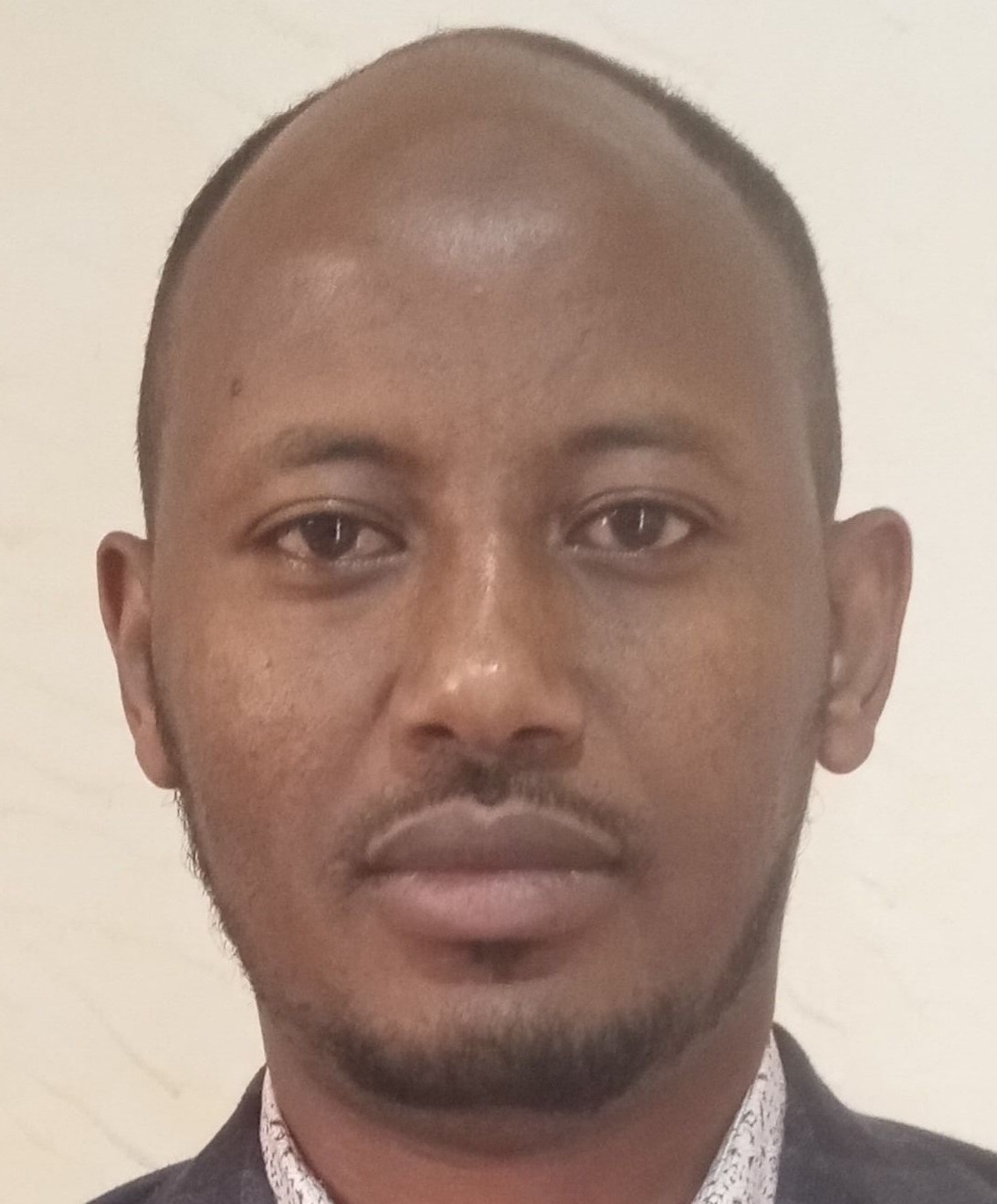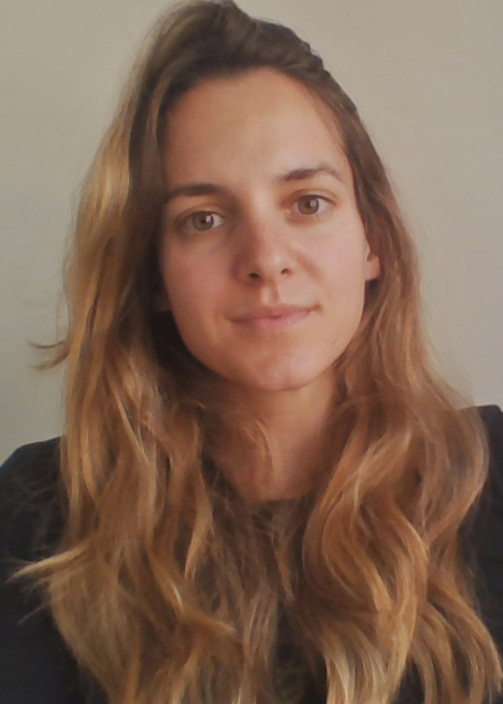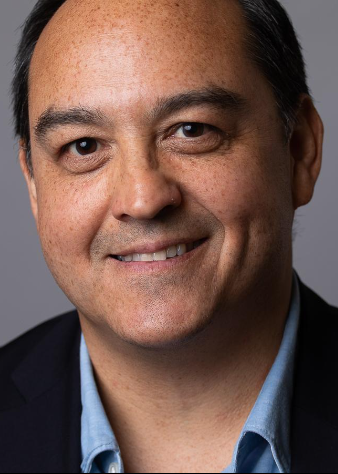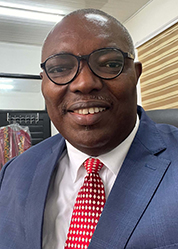 Pia Rattenhuber | Chair
Pia Rattenhuber | Chair
Pia Rattenhuber is a Research Fellow at UNU-WIDER. She has previously worked for OECD (Department of Labour and Social Affairs), the German Ministry of Economics and the German Institute of Economic Research (DIW Berlin).
She attained her PhD from Free University Berlin. Her works focuses on social protection systems, taxation and tax-benefit microsimulation models.
 Adnan Shahir | Presenter
Adnan Shahir | Presenter
Adnan Shahir is a full-time research consultant at UNU-WIDER. He has previously worked as a national economic account expert at the Ministry of Finance and Economic Development (Addis Ababa).
He holds a Ph.D. in Economics from the University of Insubria (Italy). His research focuses on social accounting matrices, social protection, taxation, microsimulation, and a computable general equilibrium model.
 Jukka Pirttilä | Presenter
Jukka Pirttilä | Presenter
Jukka Pirttilä is a professor of public economics at the University of Helsinki and also works as a Non-Resident Senior Research Fellow at UNU-WIDER. He has previously worked for the University of Tampere, Labour Institute for Economic Research (Helsinki, Finland) and the Bank of Finland. He conducts research on topics related to taxation and social protection in developing countries.
Pirttilä has a doctorate in economics from the University of Helsinki and is a Fellow of the CESifo network. His research has been published in journals such as Journal of Public Economics, Journal of Development Economics, Economic Journal and the European Economic Review.
 Annalena Oppel | Presenter
Annalena Oppel | Presenter
Annalena Oppel is a Leverhulme Fellow at the International Inequalities Institute, the London School of Economics and Political Science.
Her work focuses on inequality perceptions, redistributive preferences, and social protection in the global South.
She further works on social protection and taxation in contexts of the global South. Prior to joining LSE, she has been a Research Associate at UNU WIDER, a Visiting Fellow at Harvard University and works as a consultant with partners such as GIZ, GDN, and ODI. She is also interested in initiatives that rethink development research and practice through a decolonial lens.
 Miguel Nino-Zarazua | Presenter
Miguel Nino-Zarazua | Presenter
Miguel Niño-Zarazúa is an Associate Professor of Development Economics at SOAS University of London and a Non-Resident Senior Research Fellow at UNU-WIDER.
His areas of expertise include social protection; political economy of taxation and redistribution; measurement and development impacts of poverty, social exclusion inequality and polarization; informality and labour market policies in LMICs; microfinance, and foreign aid.
 Robert Osei | Discussant
Robert Osei | Discussant
Robert Darko Osei is an Associate Professor in the Institute of Statistical, Social and Economic Research (ISSER), University of Ghana, Legon, and is currently the Dean for the School of Graduate Studies at the University of Ghana. His main areas of research include evaluative poverty and rural research, structural transformation and its implications for poverty and inequality, and other economic development policy concerns.
 Join the network
Join the network Pia Rattenhuber | Chair
Pia Rattenhuber | Chair Adnan Shahir | Presenter
Adnan Shahir | Presenter Jukka Pirttilä | Presenter
Jukka Pirttilä | Presenter Annalena Oppel | Presenter
Annalena Oppel | Presenter Miguel Nino-Zarazua | Presenter
Miguel Nino-Zarazua | Presenter Robert Osei | Discussant
Robert Osei | Discussant